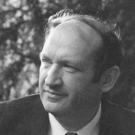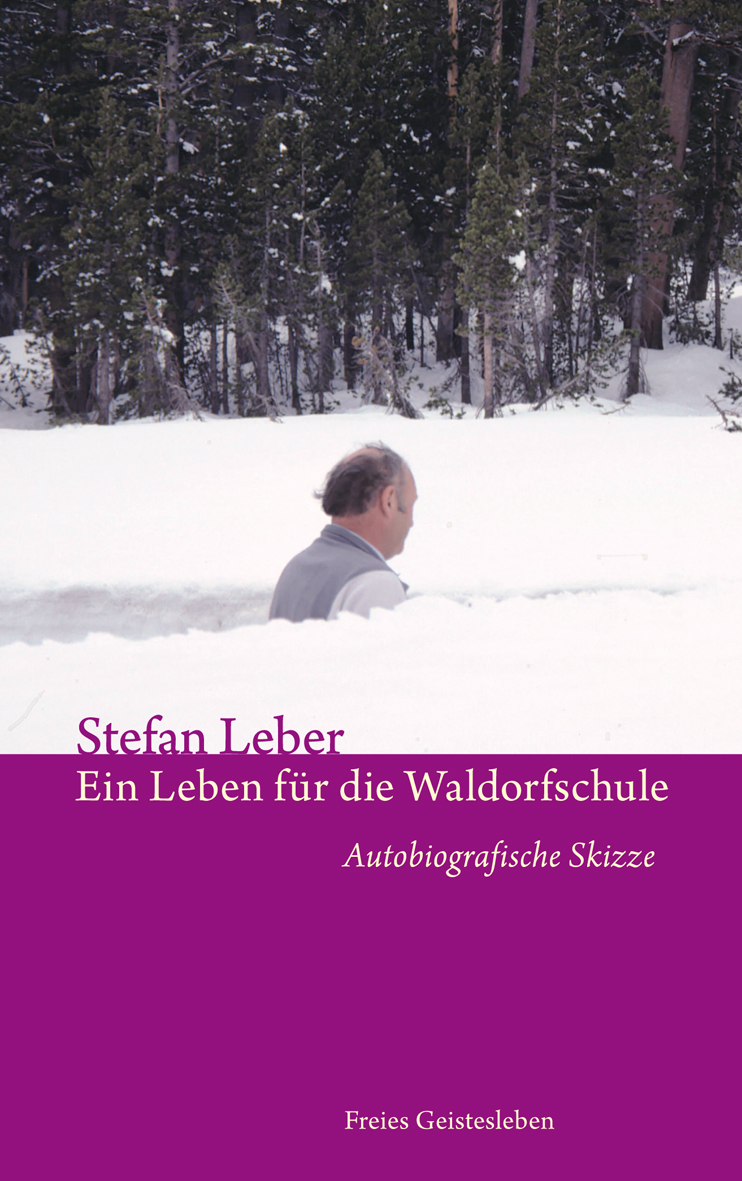Single News
German Waldorf pioneer Stefan Leber dies
STUTTGART (NNA) – Stefan Leber, one of the most important pioneers of the German Waldorf school movement in recent times died yesterday at the age of 78. In a statement, the German Waldorf Schools Association (BdFWS) in Stuttgart paid tribute to Leber as someone who had “shaped the Waldorf school movement like no other”.
Leber, born in Stuttgart in 1937, was a pupil at the Uhlandshöhe Free Waldorf School. He left school at sixteen to take up an apprenticeship as a process engraver. The simple circumstances of his working class background on the one hand and the encounters with anthroposophists, business people and priests of the Christian Community on the other stayed with him throughout his life, the BdFWS statement adds. These two streams in his life also explained his interest in new models for the world, society and the economy.
After his apprenticeship, Leber studied politics, sociology and philosophy in Berlin. There he met many personalities who, like him, were later to exercise a decisive influence on the Waldorf movement, including Manfred von Mackensen and Christoph Gögelein. Studies at the teacher training seminar in Dornach were followed by a teaching post at the Pforzheim Waldorf school from 1962 to 1973.
„Lex Waldorf“
During this time Leber became more involved with the BdFWS in Stuttgart, where he joined the council in 1971. In 1973 he moved to Stuttgart with his family to become a lecturer at the teacher training seminar, working with figures such as Ernst-Michael Kranich, Olaf Oltmann and Wolfgang Schad.
In the 1970s, Leber together with Günter Altehage and Manfred Leist achieved a breakthrough in education policy in the state of Baden-Württemberg: the so-called “Lex Waldorf” is still in force today and ensures that Waldorf schools have the same status as other schools as “state-approved schools with their own educational model”.
Leber wrote more than twenty books on various social themes such as education and the study of the human being, the social form of Waldorf schools, issues related to the state and social order as well as reincarnation and karma. His courses at the teacher training seminar had been “unique” and his lectures and contributions at conference of the Waldorf movement “humourous, anecdotal and open to the world”, the BdFWS statement concludes.
END/nna/ung/cva
Item: 150219-01EN Date: 19 February 2015
Copyright 2015 News Network Anthroposophy Limited. All rights reserved.


